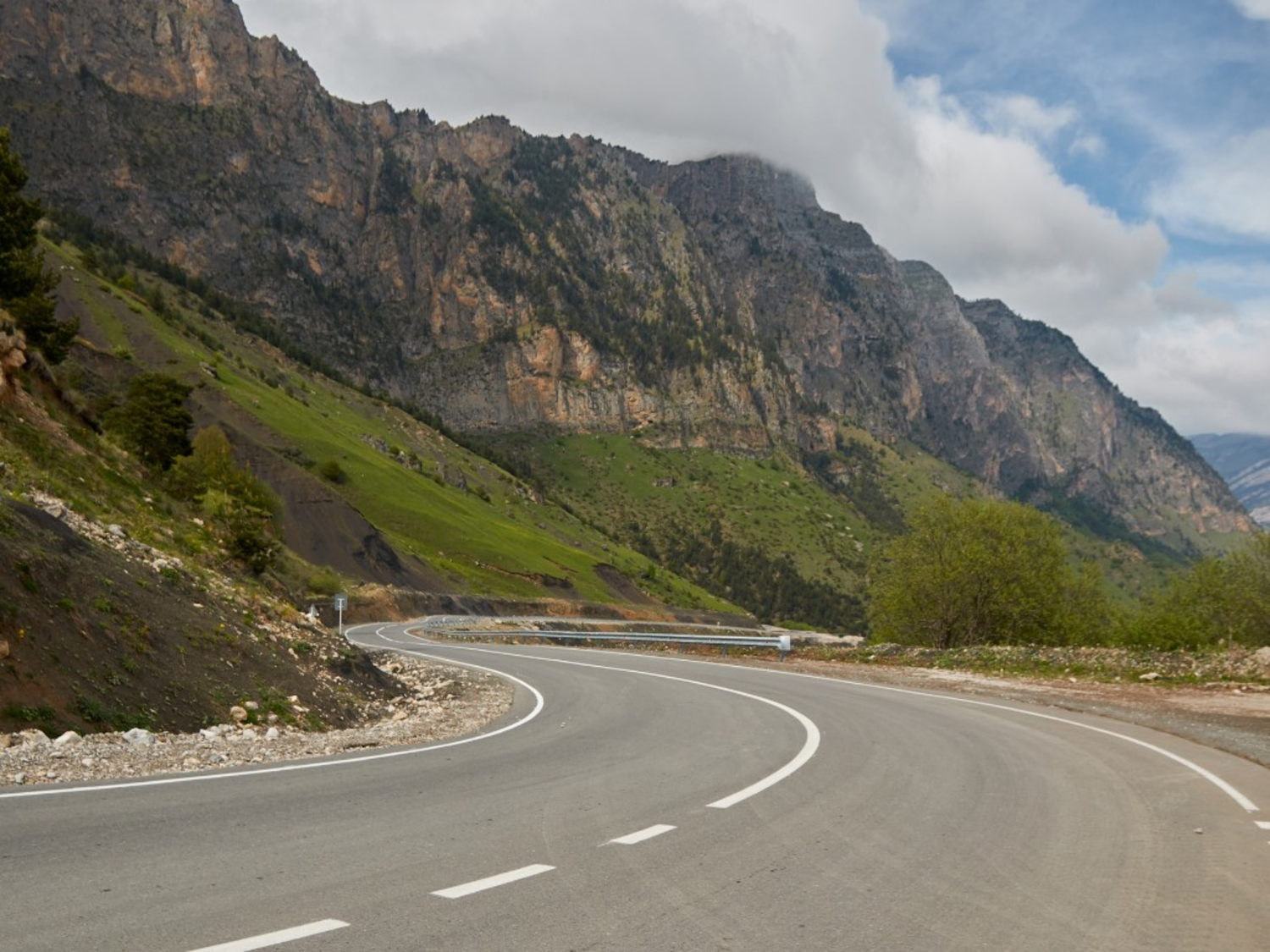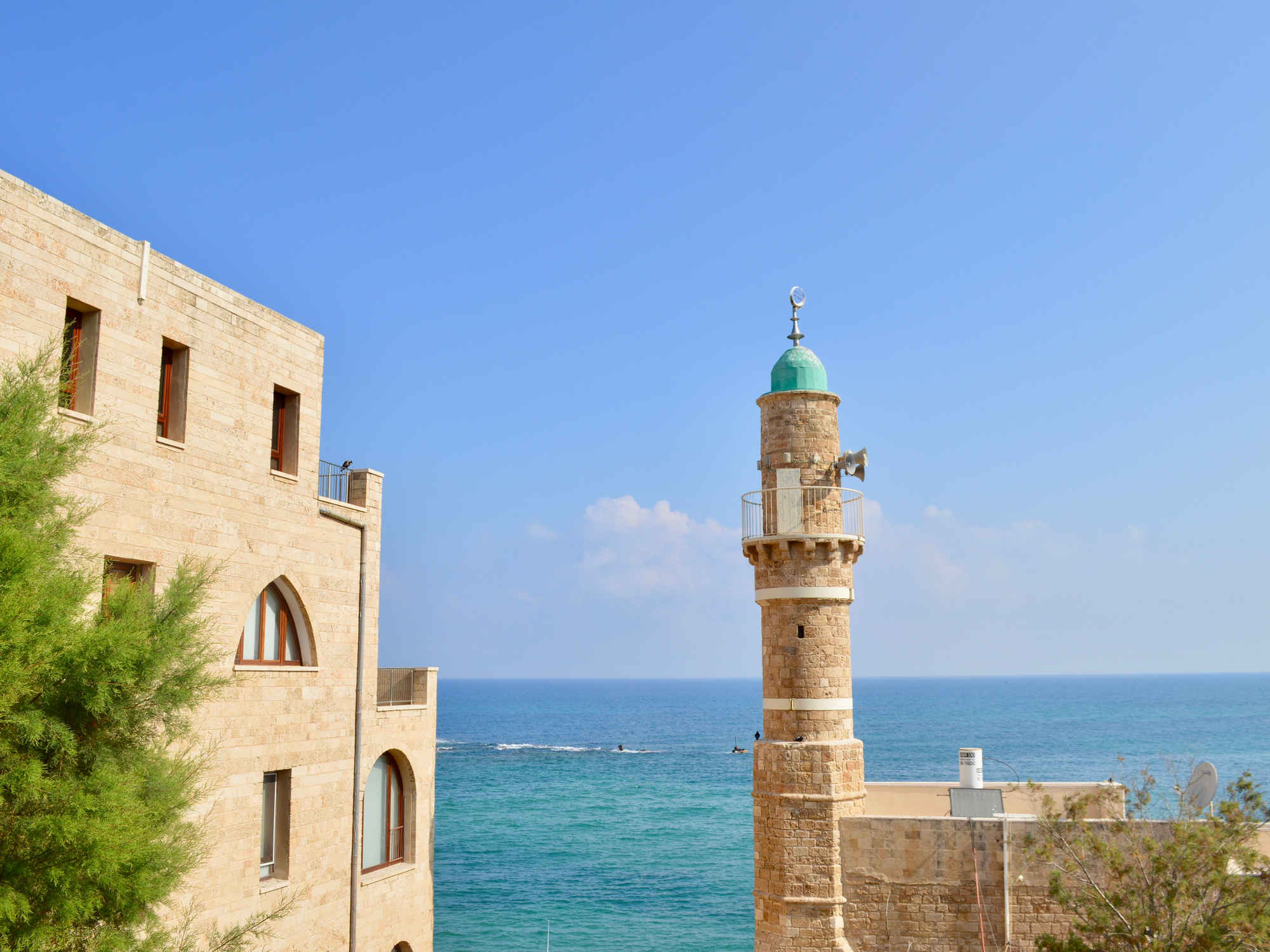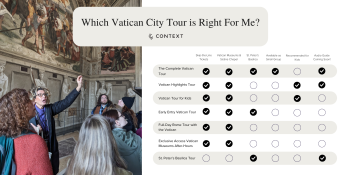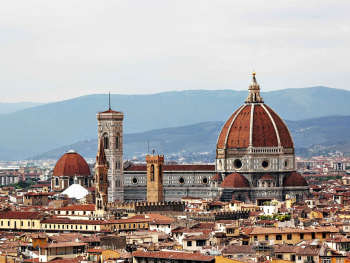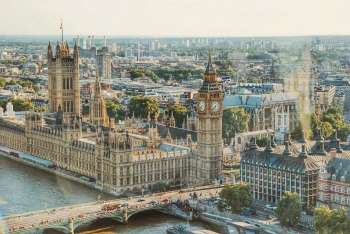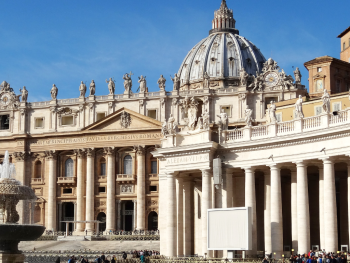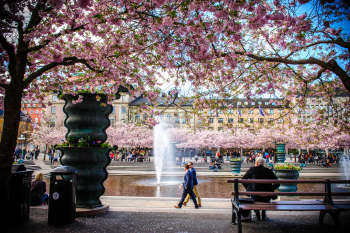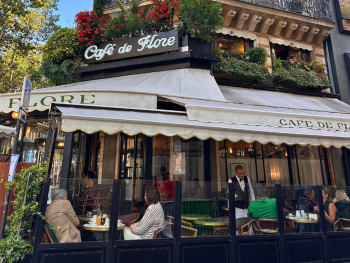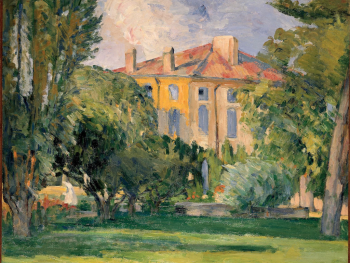When we think of the word “Caucasian,” we don’t immediately think about the Caucasus region in Eurasia. Of course, what comes to mind is a person that is white, most likely of European descent. The word Caucasian, a rather obsolete and outdated term now, actually comes from the region of the Caucasus. After a visit to the Caucasus Mountains, a German anthropologist first used the term Caucasian for a derogatory system of racial classification dating from the 18th century. It’s an unfortunate circumstance that the beautiful region, home to early traces of human civilization and immense culture, is associated with such a dark system of categorization.
Where the word Caucasian comes from
Nina Wieda, our resident expert on the Caucasus region, breaks down exactly why “Caucasian” became a widely used word for white people. A German anthropologist named Johann Blumenbach set out to create a system of labels for different races. Upon visiting the Caucasus Mountains, he became enamored with the appearance of the people there and determined that they had an ideal form of beauty. From then on, he would refer to Caucasians as those with European ancestry in his research and studies on racial anthropology. The U.S. legal system would later adopt Blumenbach’s system, which is why the word is commonly used today.
Highlighting the Caucasus Region
Because of these complex origins, very few associate the word Caucasian with the Caucasus, a scenic region stretching from the Black Sea to the Caspian Sea. We think first of the system of classification, but this is a shame since the Caucasus holds a wealth of culture and history virtually unknown. Our trusty ancient historian, Pliny the Elder, used the term Caucasus in his old records, deriving it from the Scythian word, kroy-khasis, which means “ice-shining” and “white with snow.” These words hold true for the vast sloping and mountainous terrain. Majestic and challenging, the snow-capped peaks of the Caucasus are its defining feature, both historically and geographically. Split between the North Caucasus and the South Caucasus, the region spans the countries of Georgia, Armenia, Azerbaijan, and Russia, where unique civilizations have been able to develop through time as a result of the region’s mountainous isolation. Every country embodies a unique history that has shaped its many cultures and identities. More than almost every other place in the world, the Caucasus houses an abundance of ancient pre-human activity dating all the way back to the Paleolithic Period. As a crossroads between Europe, Asia, and the Middle East, the region has always, even in prehistoric times, been important to human migration.
The Many Cultures of the Caucasus
Did you know that there are more dialects of languages spoken in the Caucasus than in any other region of a comparable size? This, combined with its geographic isolation, is owed to its role as a cultural crossroads for millennia. The people of the Caucasus identify with four main religions, speak over a hundred languages, and have experienced conquest and cultural influences from all the major empires of the region, including the Ottomans, Iranians, and Russians. With many different groups inhabiting Caucasia, the area should by no means be considered one homogenous ethnic entity, though many of its cultures have shared histories. This held true even in ancient Roman and Arab times. Pliny the Elder documented that Romans in the area needed 80 different interpreters, and Arab geographers referred to the Caucasus as Jabal al-Alsun, or “mountain of languages”. This comes as no surprise considering its history of conquest, trade, and cultural convergence.
Dagestan: the Pinnacle of the Caucasus
Dagestan, an autonomous republic within the Russian Federation, is a great example of the Caucasus’ many ethnicities, religions, and languages coming together in one area. With a population of about 3 million, Dagestan consists of about 70 ethnic groups speaking around 40 distinct languages. The region is so old that some of these languages maintain unique linguistic features that help us understand the nature of language and of human civilization itself. The people of Dagestan also practice all four major world religions: Islam, Christianity, Judaism, and Buddhism. Not only does Dagestan contain more common religious monuments dedicated to all four religions, but you’ll also find idiosyncratic ancient structures, such as multi-story mountain towers and burial cities equipped with boats in the region as well. The city of Derbent in Dagestan is especially curious. One of the world’s oldest continuously inhabited cities, it is likely to be the location of the legendary Caspian Gates, also known as the Gate of Alexander, built to keep the northern “barbarians” from reaching the southern Caucasus. Dagestan gives us insight into both early civilization and the mysterious northern region.
And Dagestan isn’t the only intriguing place in the Northern Caucasus. This area is home to a conglomeration of unique ancient cultures organized into seven autonomous regions within the Russian Federation. North Ossetia, home to ancient Arians, is another small, centuries-old republic nestled against foggy mountains in the Northern Caucasus.
The Caucasus in Context
Today, the Caucasus is home to numerous UNESCO World Heritage sites and is an increasingly popular travel destination. Its mystique, mountainous beauty, and turbulent history gives us a sense of awe unparalleled to any other place in the world, inspiring the imagination of many throughout history. If you’re interested in learning more about this fantastical place, join Nina Wieda for a great discussion.
Nina Wieda is a native of the Caucasus living in Chicago, USA. She holds a Ph.D. in Slavic from Northwestern University and an MA in Nationalism Studies from Central European University. She worked as a newspaper journalist in the Caucasus and wrote her Master's thesis about the Northern Caucasus region. She teaches at Northwestern University near Chicago.
Want to learn with more experts? Get a comprehensive view with one of Context's tours, or learn more about your favorite destination or topic with our virtual, live-taught courses and seminars.
